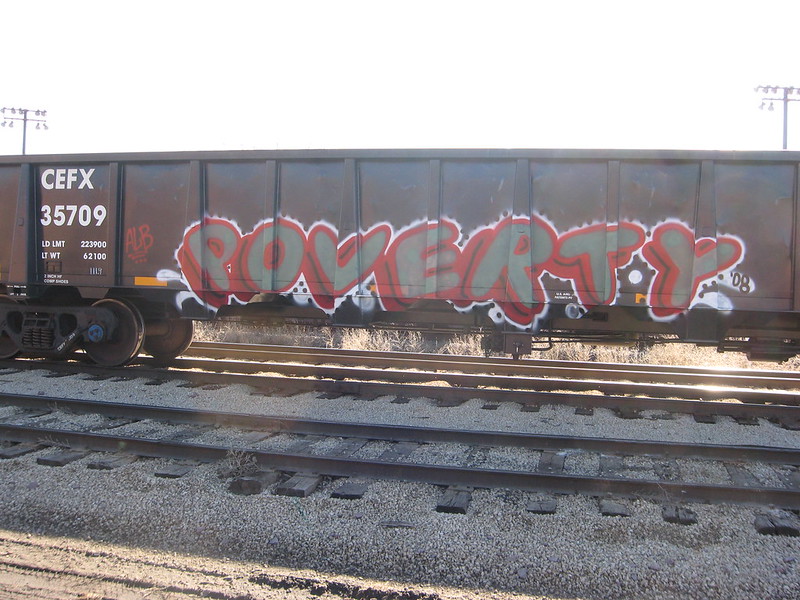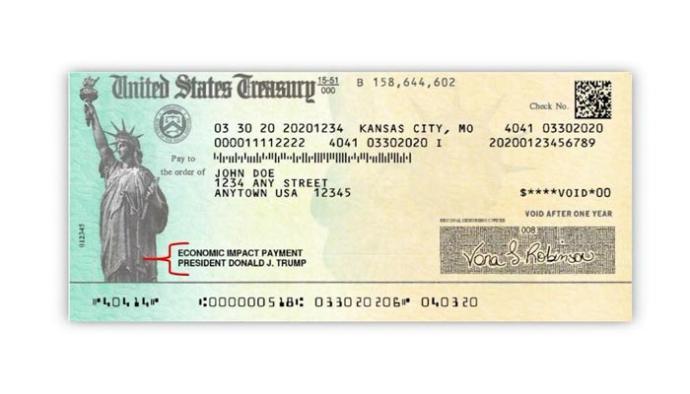
Jackie’s story, like that of so many, begins with domestic violence, violence she weathers with the help of her sex work. Her son’s father continuously uses abusive financial tactics, severing any ability she’s ever had to gain ground in her life. Her ten-year-long saga has kept her working under the table, which in turn has constantly disqualified her from government perks, benefits, and safety nets, most recently The 2020 Economic Impact Payments, aka the stimulus checks.
In California Family Law, child support is often awarded on a first-come, first-serve basis, and Jackie’s ex demanded an amount that he knew she could not pay. As a young mother with no representation, she had no ability to fight back, and thus began her downward spiral out of mainstream existence. She tried to make her child support payments, but she was caring for her son almost half the week, working, and going to school. Then came garnished wages. She couldn’t afford to live, so she moved her job underground.
She’s not alone; low-income sex workers have complicated financial lives. We often arrive at sex work in the first place because the gray or black markets were our only options. We wake up every day with debt collectors, past convictions, or neglected forms hanging over our heads, but it’s impossible to coherently state exactly how we ended up here. Our individual stories become so dizzying that we had to focus this article on Jackie to keep it digestible; our lives are filled with the type of bureaucratic adventures that enrage and derail us while boring readers.
Sometimes, our entire households or extended families have stories too complicated to relate, even if it all began with a single misstep. For Ana, a young Chicana woman with disabled migrant parents who don’t speak English, the bureaucratic nightmares target multiple generations. She thinks the trouble started with a car accident years ago. Nobody in her house is getting a stimulus check. She says: “It’s not helpful. We used to collect recycling, but we aren’t supposed to anymore. I’d get a panic attack explaining this all to you and it still wouldn’t make sense.”
In Jackie’s situation, her driver’s license was suspended after continued non-payment, further affecting her ability to work and care for her child. Of course, with no license, you cannot insure your vehicle; with no insurance, it’s impossible to register your car. A client added her to his insurance for one month and paid for the registration, which of course expired when the DMV received notice that the insurance was canceled. She had to hope that the tags were enough and that the cops wouldn’t scan her plate. Eventually, she was pulled over.
No credit, no license, no insurance, no registration—the court doesn’t care that it’s nearly impossible to find work under those conditions. Just pay the child support!
Many sex workers face similar spirals, where one situation becomes a multi-year financial disaster. This precludes us from living normal lives while compounding our other vulnerabilities. For example, the stimulus checks are sent out based either on recent tax reports or on receiving specific government benefits such as SSI (Supplemental Security Income), unless you actively choose the option meant for non-tax filers who make under $12,200 a year. Sex worker media written from the perspective of more privileged workers makes it seem so simple for us to pay our taxes! But it should be no surprise that structurally oppressed people, including the multiply marginalized in our community such as transgender and Black sex workers, often can’t or don’t prioritize organizing our financial lives in socially acceptable ways.

Jackie is white but faces her own unique set of challenges that would make life difficult even if the county’s intention to garnish any wages didn’t entirely rule out tax paying. Her reliance on hearing aids and her severe tinnitus make many forms of work difficult or impossible. She also suffers from depression and anxiety, both deepened by the black hole of debt.
The cycle Jackie experiences blunts any possible upward mobility; going to school, saving money, and building credit become impossible. It also rules out most government assistance, even when sex workers like us are the ones who need it most.
The stimulus checks do present fewer roadblocks to access than many other forms of governmental support. Many of us know, for example, that people with felony drug convictions who continue to use drugs can’t access Pell Grants. Thankfully the stimulus checks aren’t outright excluding those of us who do. That came as a pleasant surprise to many—although, of course, sex workers with felony convictions are more likely to have the complicated types of lives that make stimulus checks impossibilities.
Unfortunately, it’s very easy to label anyone who doesn’t meet child support obligations as a “deadbeat parent,” and thus child support became one of the few reasons people would be officially unable to receive stimulus checks. Though Jackie is no longer obligated to give money directly to the child’s father, she is still in debt to the county for arrears. It’s evident that those who owe child support payments will have their stimulus checks garnished or intercepted, but neither the county nor the IRS are clear about parents who owe arrears. An accountant we checked with who supports Urban Survivors Union, our national drug users union, was unsure himself but suggested Jackie apply as a non-filer. An unexpected and sternly-worded letter which ominously arrived one day from the county seemed to disagree, not naming the stimulus directly but threatening to take any federal dollars she may receive.
But wait! There’s still a way Jackie can get the check! She is working on the long process of making three newly-reduced payments, applying for a state settlement negotiation program, saving up and then offering a settlement amount (a lump sum which will be hard but not impossible for Jackie and her girlfriend Alex to pull together), waiting to see if the offer is accepted, and paying it off in court. Only then can she confidently apply for the stimulus check by filling out the IRS’ online portal—a portal itself prone to inaccuracy and downtime—and wait the days, weeks, or months for the check to arrive.
“Life is intense as fuck. holy shit. of course I’m not getting a fucking check.”
Being out of the “upstanding member of society” loop has interfered with so many of our lives, compromising our abilities to succeed and support our families. Even in “simpler” cases, the spiral out of normal existence can easily take hold. Martha, a white first generation immigrant and drug-injecting low-income escort, says, “Everyone in the sex worker community always told me paying my taxes was a good idea, but after living my entire adult life outside the legitimate market, the process seemed alien and overwhelming, and it felt like I was barely making it as it was. I stared at the IRS site’s stimulus check option for non-filers for hours, too scared of possible bureaucratic consequences to pull the trigger. Now I’m so confused! Some people say they’re eventually gonna track down my current address through my social security number and send me a check regardless, but frankly, that seems too good to be true.”
Meanwhile, the pandemic has doubled down on survival sex workers. Alex is living with a sugar daddy who has another regular worker, Clover, who is not getting a check either—though nobody is sure why, including Clover. As an Indigenous sex worker who injects drugs, she never expected to. She told Alex, “Life is intense as fuck. Holy shit. Of course I’m not getting a fucking check.”
Jackie was told she couldn’t stay in the home where she had been caring for her son any longer, as her roommates were afraid he would get the coronavirus from her ex and spread it in the house. Alex isn’t able to house the kid either. Though she’s basically moved Jackie in with her sugar daddy, various landlord and roommate issues prevent Jackie’s son from staying there too frequently. This means Jackie is now homeless with her son three to four days a week. She and Alex have found a workaround by going “camping” some weekends, but that $1200 would be a huge step towards a security deposit and rent.
Without transportation and while living on a crazy schedule (having to drop everything anytime to help your son doesn’t make working a conventional job easy), there’s no way Jackie could hack a 9 to 5. Lip reading isn’t possible with masks on, so working at a grocery store or as an “essential” worker is totally out of the question. Sex work is the only thing that makes her survival possible.
But just as it’s crucial, it adds to our stress. Our criminalized, off-the-books work moves us further and further away from “legitimacy.” Jackie’s anxiety and depression have grown, and she doesn’t have the social safety net to rely on that above-ground workers do.
Many privileged sex workers have parents or partners in their lives whom they can rely on when things get tough. Survival sex workers may have supportive friends, but our communities may have been decimated by the war on drugs or our friends may lack the resources to really pull us out of trouble.

Jackie’s partner is no different; she’s also a sex worker who won’t be getting a stimulus check any time soon. Alex is a white former foster kid with bipolar disorder and a host of other disabilities and issues, and sex work also allows her to survive. But it has also made her financial life far more shady—like many of us, she didn’t file taxes in 2018 or 2019.
While Alex is well-educated (she has a Master’s degree!) and fairly financially savvy compared to many survival sex workers, she was misled by a student loan representative who demanded she submit a tax return to recertify her income-based repayment plan. In February, one month before the epidemic, she tried (and failed) to submit a free online return reporting $575—the sum total of her “legitimate” earnings for 2019. Apparently TurboTax And Friends charge you when you don’t have enough earnings, so she did a little research and filed her own paper return. The student loan agency then told her she actually hadn’t needed to file. Oops. They re-certified her based on an affidavit.
Unfortunately, you can’t use the online stimulus non-filer portal if you’ve filed a paper return, and Alex’s is sitting in a warehouse waiting for IRS employees to return to work and process it. That’s another $1200 that could help her and Jackie, and it’s just outside their grasp. The Urban Survivors Union accountant thinks the IRS may end up just throwing the paper return out, but Alex may never be sure what happened. Best case scenario is she gets the check much later this year. She’ll have to keep manually checking the IRS’ Get My Payment portal to see if she’s eligible to input her account number.
Jackie and Alex have a wide circle of black-and-gray-market-employed friends and comrades, each with their own uniquely enraging stories of tedious and casually cruel bureaucracies preventing all of us from having our financial lives together enough to get support when we all need it so badly.
Of course, there are other forms of assistance. For example, Pandemic Unemployment Assistance has been more accessible to many in our community—provided, of course, we are willing to bend some truths. Many have, and it’s too early to tell what consequences that may have wrought. Alex recently hosted an Apply For PUA gathering at her sugar daddy’s house. Jackie can’t apply though, as it would affect her settlement offer. She does, however, get food stamps. For those sex workers with a social security number, food stamps (SNAP, or Supplemental Nutritional Assistance) are fairly accessible and generally low-risk. They help, but it’s not enough to weather a pandemic.
There will always be people like Jackie who slip through almost every safety net. Our community is constantly overwhelmed, but we know that we are all we have. That’s why mutual aid for sex workers has exploded throughout COVID-19. And it’s kept Jackie afloat. It’s enough to put one more meal on the table, and even enough to begin saving for that settlement.
But $1200? That would be enough to make a real difference, and it’s just out of reach.
It’s a tough world for survival sex workers to navigate. I never got my first stimulus check for reasons unknown. When I told them that the next year, they sent me the $1200, and then later sent me a bill asking for it back. It was a whole mess, very underplanned and confusing to navigate. I do hope that a few years later, Jackie and Alex are doing better. Best of luck.